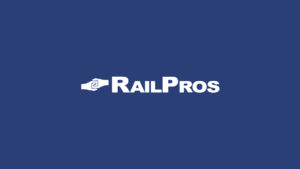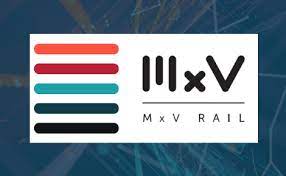MARTA signs contract with Alstom Signaling, Inc. to overhaul its aging train control and rail safety
Written by jroodIn a major step to overhaul its aging train control and rail safety systems, Metropolitan Atlanta Rapid Transit Authority signed a contract with Alstom Signaling, Inc. Once completed, this project will significantly improve rail service delivery for MARTA customers while also dramatically improving operational efficiency and overall productivity.
"This project is a demonstration of our commitment to move forward with
the next generation of automated train control and safety systems," said
MARTA General Manager and CEO, Dr. Beverly A. Scott. "It also
positions MARTA to broaden its reach in terms of creating an integrated
transit network for the future that will have the capacity to serve the
entire Atlanta region."
Alstom was selected after a rigorous
competitive bid process to implement a seamlessly integrated operational
platform that will direct train movement, control traction power and
monitor station and other auxiliary functions. In addition, the project
will include major business process re-engineering to maximize the
value of the technology.
The $116.99 million project, which
will be funded from MARTA’s capital budget, will take approximately 5
years to complete. The contract also includes a provision for two,
five-year contract options for Alstom to sustain and maintain the
investment for up to 10 additional years bringing the total contract
value to $142.90 million.
This comprehensive work will
dramatically improve MARTA’s train control and Supervisory Control and
Data Acquisition (SCADA) systems. Working in tandem, these systems will
function as the nerve center for MARTA’s Rail Service Control Center to
safely direct train movements and deliver timely system and equipment
field information.
For customers, the new train control and
SCADA systems will improve on-time performance, enhance safety systems,
provide real time information, and increase overall reliability. Behind
the scenes, the new technology will provide MARTA’s rail team with more
efficient operations, better communication between trains and stations,
enhanced monitoring capabilities, quicker response times, and reduced
maintenance costs.
MARTA’s existing train control systems are
more than 30 years old and, as a result, equipment has become
increasingly cumbersome to use and obsolete hardware and software is no
longer supported by vendors. In addition, in order for MARTA to meet
current and future service requirements, the technology needed to be
updated to allow for integration with new auxiliary systems.
The
project will also give MARTA the ability to implement current and
pending recommendations that have been made by the National
Transportation Safety Board.





